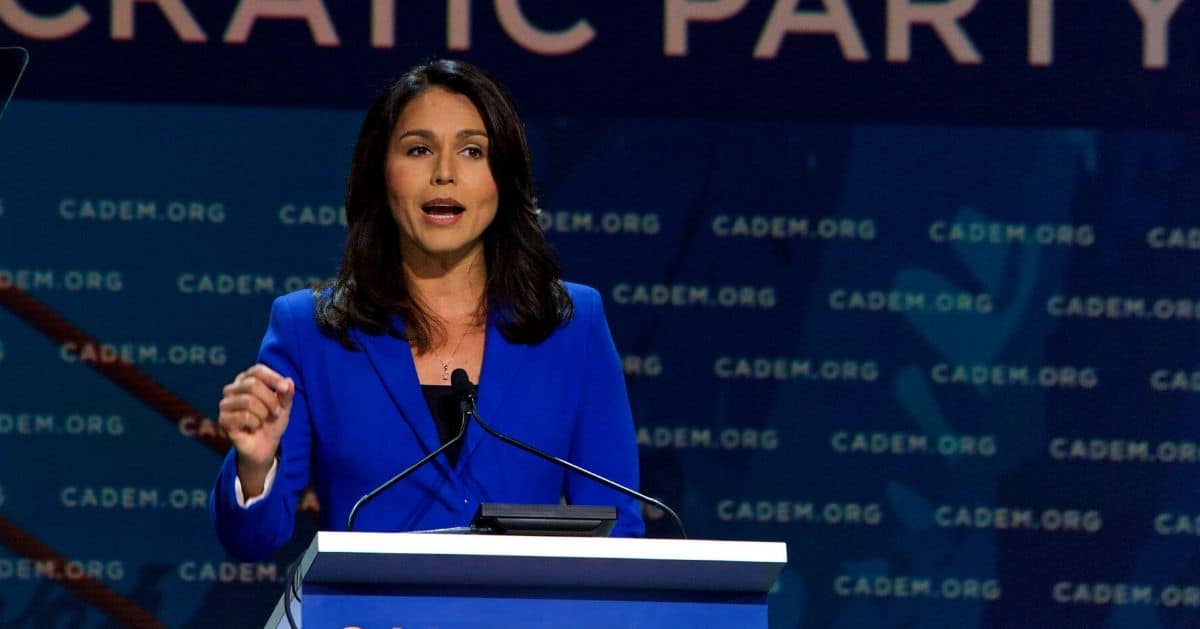






President Biden's reported mental fatigue was a contributing factor in what many consider to be the mishandled withdrawal from Afghanistan in August 2021.
The chaotic end to the United States' presence in Afghanistan resulted in the deaths of 13 U.S. service members and over 170 Afghans, a costly outcome that has overshadowed Biden’s presidency and has remained a critical talking point for President-elect Trump.
The New York Post reported that Biden's limited accessibility during the planning stages of the Afghanistan withdrawal raised concerns among politicians within his own party.
Reports suggest that the president’s aides often managed his availability to prioritize his mental and physical well-being, making it difficult for other officials, including members of Congress, to reach him during crucial times.
Rep. Adam Smith, then-chair of the House Armed Services Committee, was one such official who encountered challenges in reaching President Biden. Smith intended to share his apprehensions regarding the impending withdrawal, believing it would present more difficulties than the administration seemed to anticipate.
Smith expressed his worries to the administration, indicating that a comprehensive understanding of Afghanistan's government was lacking at the time. According to reports, Smith aimed to convey to the president the necessity of having a realistic approach in assessing the stability of Afghanistan post-withdrawal.
His efforts, however, highlighted a recurring issue: a perceived communication gap between Biden’s administration and other government officials.
Smith noted comparisons with previous administrations, sharing how he was able to frequently converse with former President Barack Obama even before holding the position of committee chairman.
In the midst of these communication struggles, the situation in Afghanistan deteriorated rapidly. The withdrawal, intended to mark the end of the nation’s longest war, descended into chaos within weeks. It culminated with a violent attack during the evacuation that killed numerous Afghan citizens and U.S. military personnel.
The aftermath of the withdrawal also drew criticism regarding the military assets left behind. Approximately $7 billion in U.S. weapons and equipment remained in Afghanistan, raising additional concerns about the operation and whether the mission had been carefully orchestrated.
Despite these issues, Secretary of State Antony Blinken took a stand by stepping forward to address the criticism directly.
Blinken confronted Smith about his statements, attributing responsibility for the mishandled withdrawal to the State Department in an effort to maintain administrative accountability.
This turbulent episode marked a critical phase in Biden’s tenure. Smith's frustration further underscored sentiments that the administration struggled with maintaining an accurate perspective on the situation. His call for less insulation and greater connectedness among leadership reflected a broader call for transparency and responsiveness.
Throughout this period, particular adjustments were made to President Biden’s schedule and engagements to accommodate his health needs.
On certain days, Biden’s interactions were restricted based on his mental acuity, as described by a national security official. These adjusted routines included canceling or rescheduling meetings depending on his day-to-day readiness.
President Biden’s insulated administration, characterized by structured routines, had implications for several crucial decision-making moments.
The national security official highlighted the variability of his capabilities, emphasizing the influence of day-specific conditions on Biden’s functionality.
While Smith only received a single apologetic phone call from the president regarding the situation, the long-term effects of the withdrawal remained significant. Moving forward, the mishandled operation emerged as a focal point in political narratives, notably within President-elect Trump’s campaign discourse.
As the nation continues to process the events surrounding the Afghanistan withdrawal, President Biden’s handling of the affair is scrutinized. The incident has left an indelible mark on his presidency, paving the way for ongoing public and political discourse.



